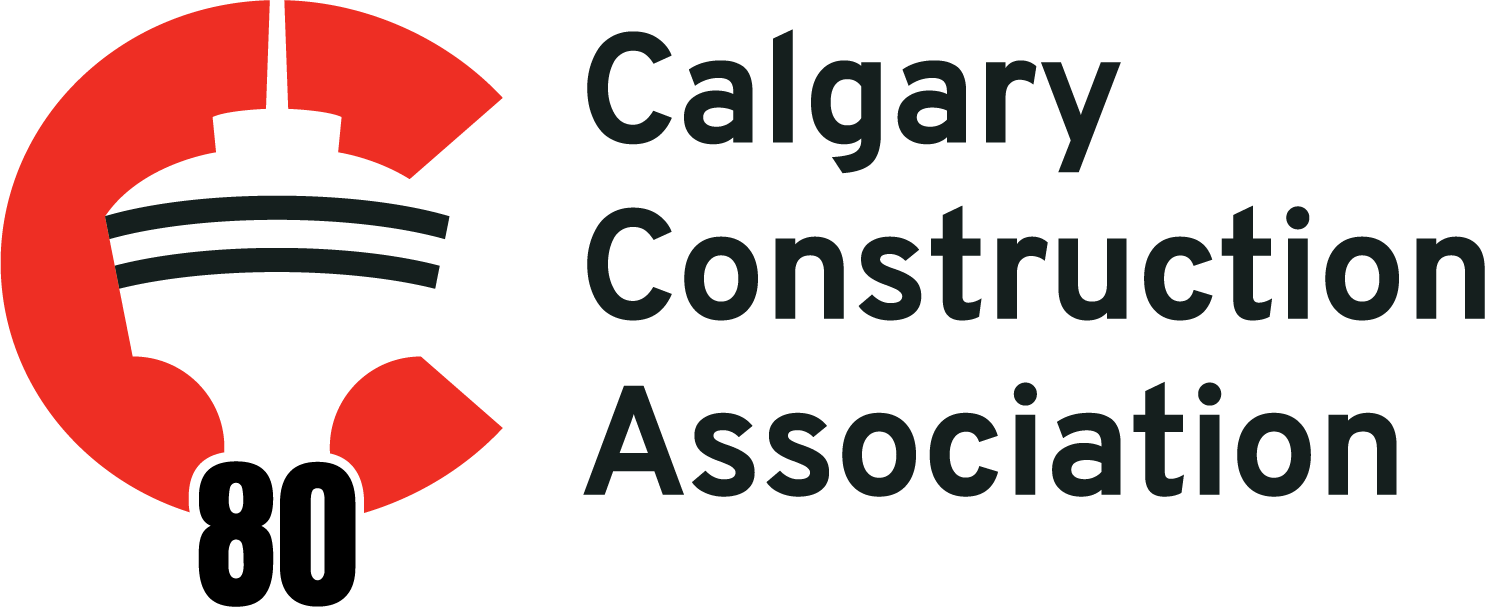Social Procurement Overview
Last week (Nov 23rd) 17 industry folks attended our inaugural Social Procurement Overview session hosted by Sarah Aspinall of BgSD Consulting .
Social Procurement is well established in other parts of the world and is gaining momentum so it will continue to be a more common practice. Just like sustainability has evolved to become more common practice since the formative days of LEED in the early 2000’s this is likely to become a common practice and those who understand it first have an advantage.
During the session we discussed many of the myths or misconceptions that can often lead to the wrong conclusions as to the merit or relevance of this practice.
Some of the myths that we have heard are –
Social Procurement is used by special interest groups such as labour unions etc. to advance their agenda.
This may have been the case in BC, however many organizations such as the City of Calgary have already recognized this in developing their approach and this has not been the case. All the more reason for industry to be visible and involved in this moving forward.
Social Procurement will assign us quotas of apprentices and workers that may not even be possible and could compromise our ability to perform work effectively.
Similar to the point above – these points have also been made by CCA in working with the City of Calgary and, once again, is another good reason that industry needs to be involved in these policies as they are developed.
But I do not bid on public work such as City of Calgary.
While public procurement may have been an early adopter of SP (social procurement) this is not an exclusive practice. As investors increasingly use an ESG (Environmental/Social/Governance) lens to consider their portfolios as they seek to “green” their investments and more organizations look to meet ESG criteria as an upgrade to previous CSR (Corporate Social Responsibility) strategies, we are seeing more private organizations such as developers and REITS adopting SP as part of their approach.
Who holds bidders accountable to deliver on the SP commitments made in their submission?
We would be naive to imagine that there will not be some “gaming’ of this. More reason for the industry to be educated, aware and involved in setting the standard for how this is implemented.
We are too small to get involved.
All organizations can do good as a part of carrying out their business. Small businesses can also be the beneficiaries of SP policies so there are two sides to consider.
The final question needs to be simply – “Who do you want writing the SP policies?”
If industry takes the time to be better informed, then we can be part of developing the policies and methodologies that best fit our business and therefore will be the most successful way forward.At the end of the day – a significant portion of what we already do as an industry fits well into SP strategies and it is merely a case of recognizing and highlighting this.
We are part of the communities that we work and operate in – generating benefits for local small businesses, providing career opportunities for marginalized parties and finding ways to direct our operations to maximize such benefits is good for Calgary and it is good for business.




